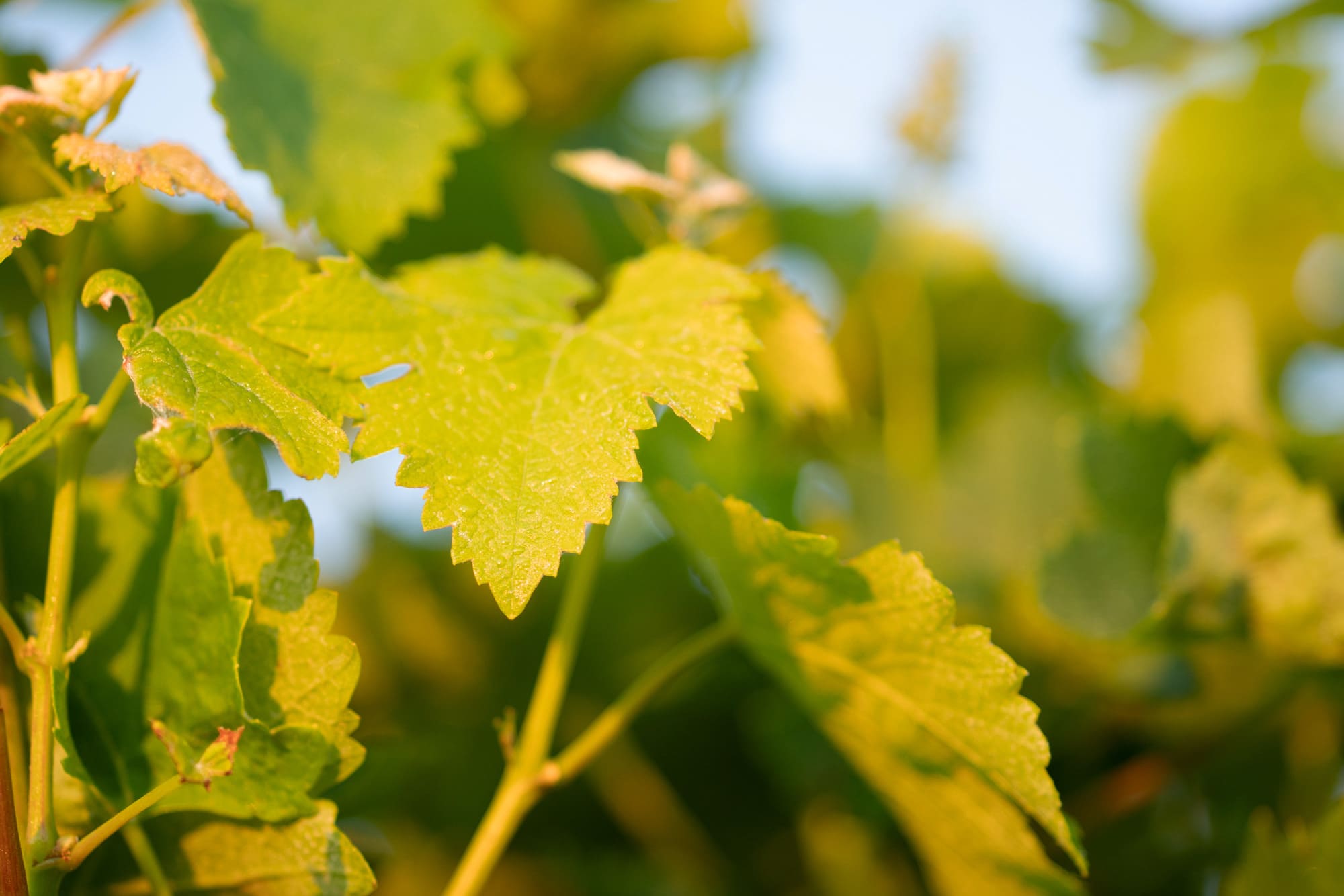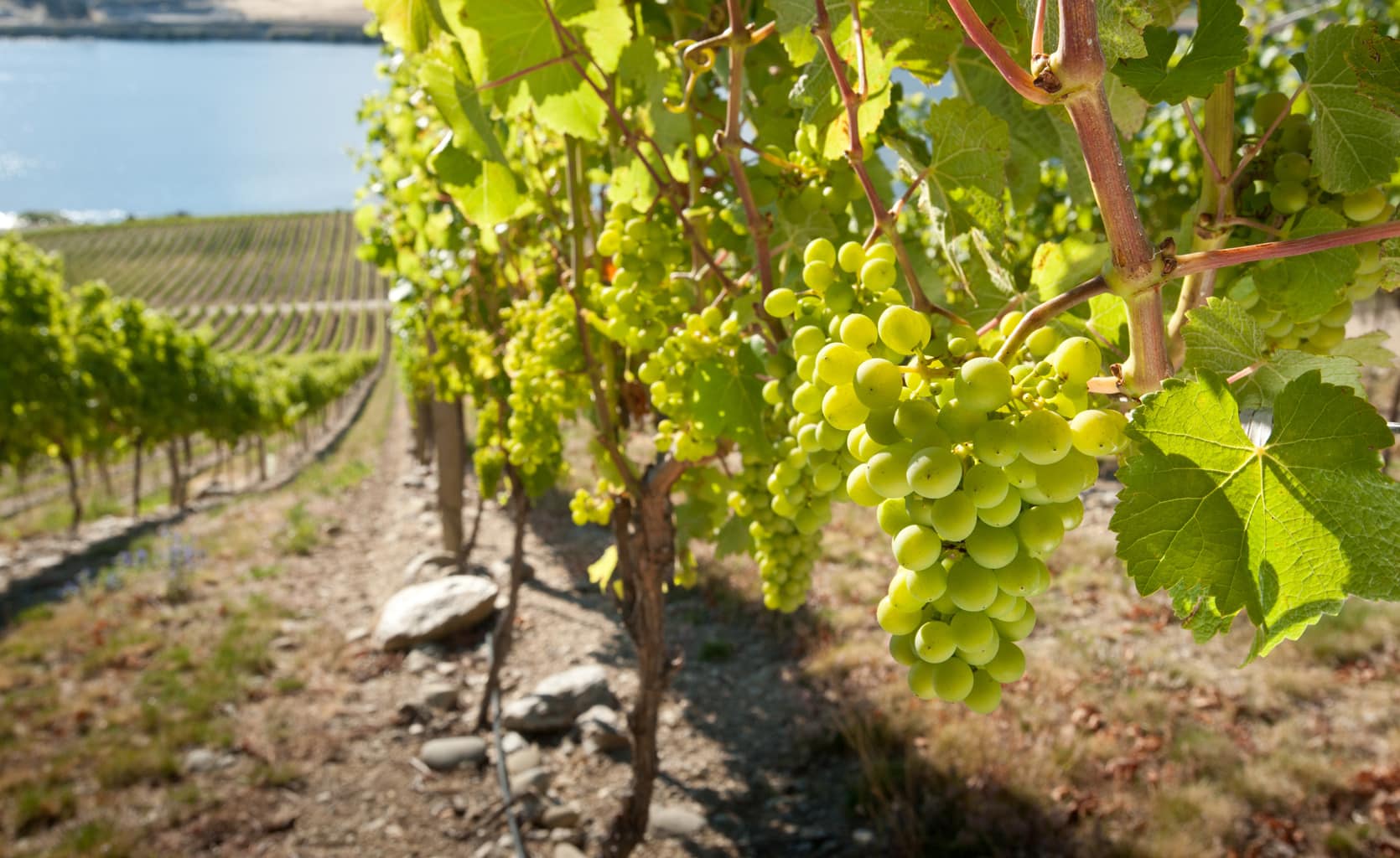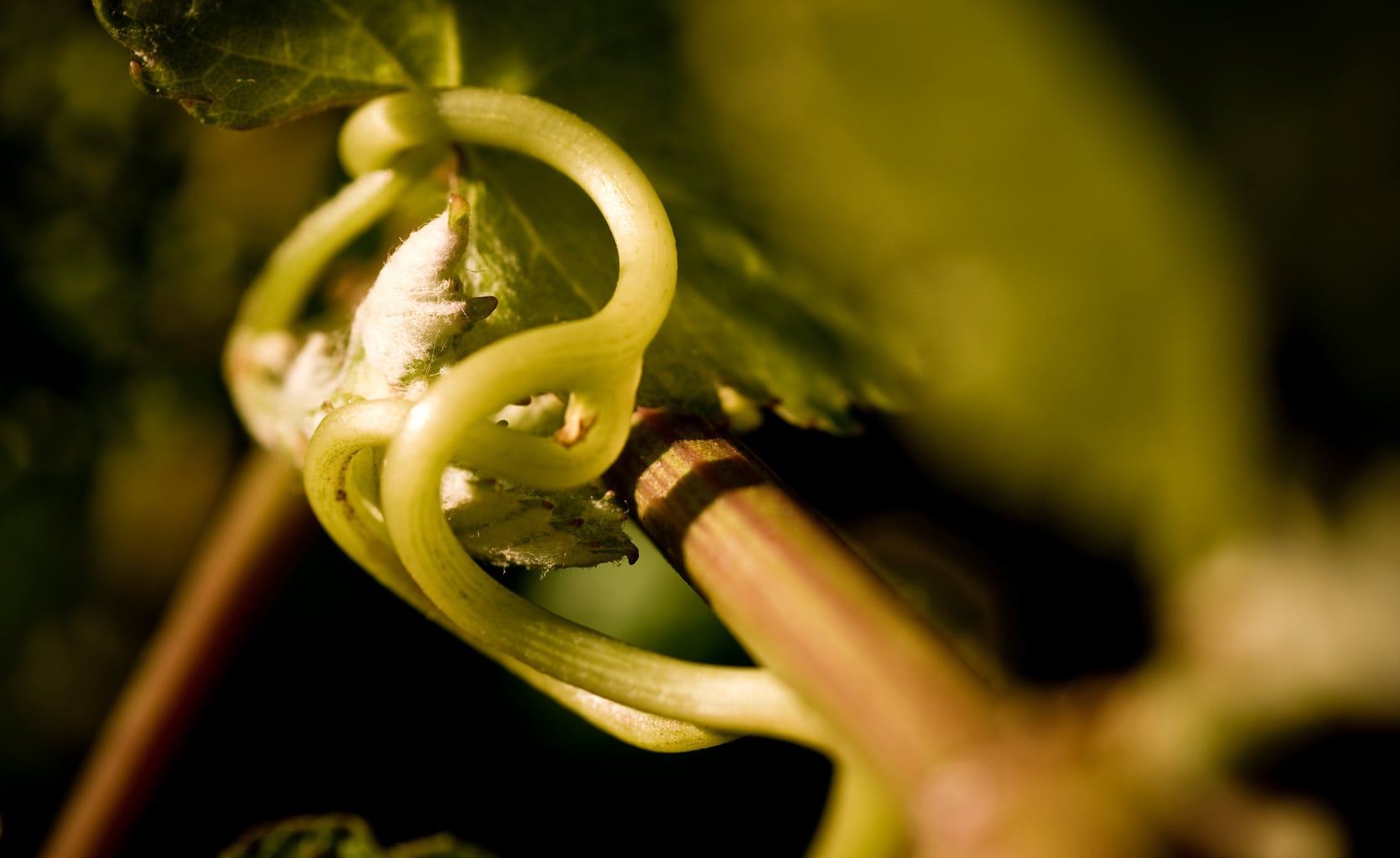A new PhD research project funded by Bragato Research Institute (BRI) aims to answer key questions about the effects of climate change on grape growing and winemaking. Over the next three years, Jess Ryder, a former lab manager and research assistant at The University of Auckland, will explore the effects of increased temperatures on grapevines and their microbial communities.
Having studied the host range of Phytophthora agathidicida (the causal agent of kauri dieback disease) as part of her post-graduate diploma and research Master’s, Jess is one of the few people in New Zealand with the interdisciplinary expertise of microbiology and plant science to tackle this research.
“The multidisciplinary side of science fascinates me,” Jess said. “I’m excited by how this project merges two fields of science to answer a question that’s important to industry.”
Managing future risks, particularly climate change adaptation, is a key area of focus for BRI’s science and research strategy, said MJ Loza, CEO of Bragato Research Institute.
“Learning how to adapt and respond to the effects of climate change will be key in protecting and enhancing the competitive position of New Zealand in the future,” he said.
Jess was introduced to the wine industry through her work as a research assistant on the Pinot Noir Programme, examining regional microbial communities in Pinot Noir. Microbial communities (bacteria, fungi and yeast) play key roles in the production of wine both in the vineyard, where they affect vine and fruit health, and in the winery where they drive fermentation. Previous research in New Zealand has shown there are regionally unique microbial communities associated with vineyards and winemaking, and these communities contribute to regionally distinct wine characteristics.
Climate change models for New Zealand’s wine growing regions suggest that average temperatures will rise by 0.5-1.5ºC by 2040, with 10 to 20 more “hot days”, where temperatures exceed 25ºC, predicted per month during November to April by 2090.
When asked what she expects to find from her research, Jess says: “How these regionally distinct microbial communities will respond to a changing climate is largely unknown. I predict that increases in temperature, as projected by climate change models, will in turn change the composition of microbial communities in New Zealand’s vineyards, which will have follow on impacts on vine physiology and wine characteristics.”
Jess and her PhD supervisors, Dr Sarah Knight (University of Auckland) and Dr Amber Parker (Lincoln University), are considering approaches to regionality studies in the context of COVID restrictions. Regardless of these constraints, the project will inform us on microbial shifts in response to changing temperatures utilising the climate-controlled growth chambers at Lincoln University as part of their investigation.
“The project will use an experimental approach. I will investigate how temperature affects microbial communities associated with vines and explore how changes to these communities may alter wine characteristics,” said Jess. “By understanding how microbial communities and plant growth changes in response to increased temperatures, adaptation strategies can be developed to offset any unwanted consequences to New Zealand’s regional wine styles.”
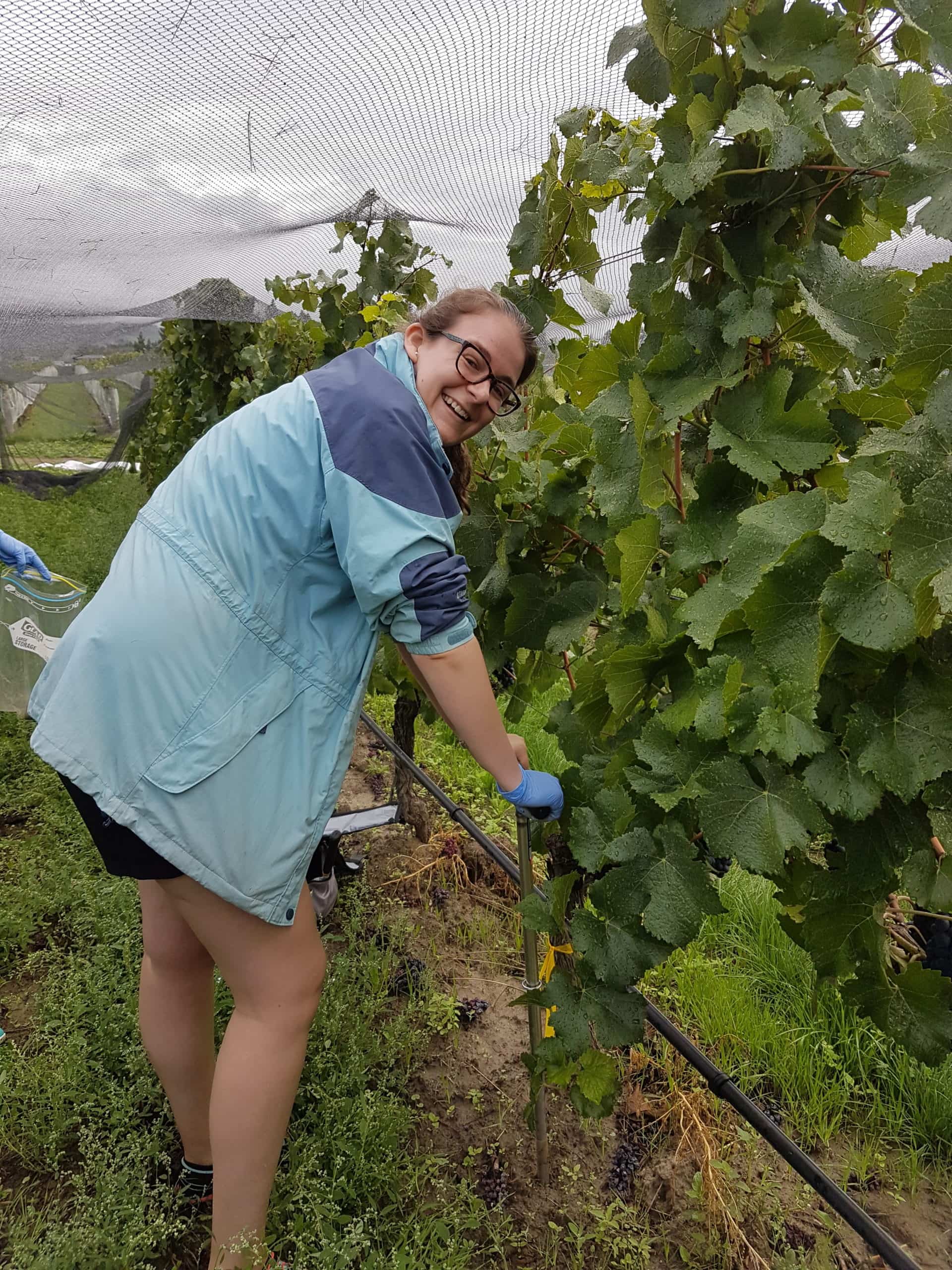
Jess Ryder collecting soil samples as part of the Pinot Noir Programme.
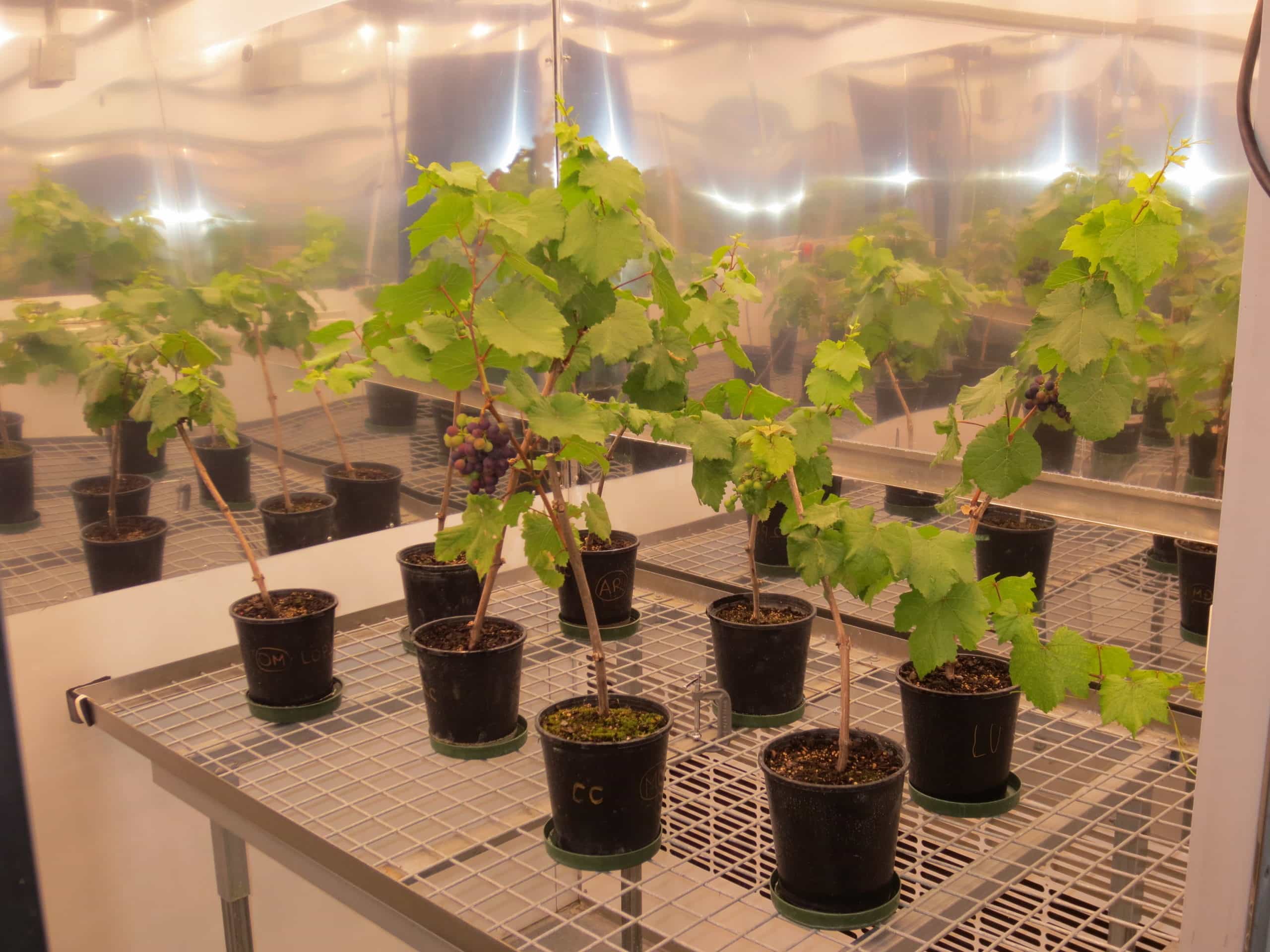
Climate-controlled growth chambers at Lincoln University. Images supplied by Dr Scott Gregan and Dr Amber Parker.










